LOFT Testimonials
AG Bell LOFT participants are deeply affected by their experience in the program. Common themes from both participants and parents about their experience include: LOFT is empowering; LOFT helps break down barriers; LOFT builds trust and openness; LOFT is life-changing. Participants often experience a new sense of belonging and describe the positive effects of having a new support system through other LOFT participants.
We also hear from LOFT parents and teens that within weeks of returning home, they are already using skills and knowledge they learned at LOFT. Parents of the LOFT attendees tell us that their teen gained confidence, a sense of belonging and acceptance, and true friends who understand the challenges of living with hearing loss.
Below is a selection of testimonials from teens and parents about their LOFT experience.
“I found LOFT to be a profound experience. It was refreshing to be in a place where everyone understands your daily struggles as a deaf person.”
“LOFT made me feel like I belonged. It gave me a purpose and a place where I could feel comfortable finding who I am in accepting my hearing loss.”
“LOFT was the most empowering program I’ve been a part of, especially in relation to my hearing loss. Meeting others like me obviously made me feel less isolated, but it also made me more confident. I’m lucky I’m still in touch with the people from my LOFT session since we’re able to talk to each other about struggles most other people wouldn’t understand. I am eternally grateful to have been offered a spot in this program.”
“I loved every minute of my LOFT experience! From the people I met, the things I learned, and the sights in DC I visited, it was a great program! Every activity was engaging and led by enthusiastic staff! What’s more, I continued my lifelong lesson on what it means to be a leader and the characteristics of a strong one! Finally, it was really cool to meet kids from across the nation and make new friends!”
““It was such a great experience – I learned to believe in myself. I appreciated meeting so many other teens who know what it’s like to sometimes struggle and not fit in. We learned to work with our abilities and accept and trust ourselves. I am ready to take on my senior year and then college!”
”
“My experience at LOFT not only gave me lifelong friends, but helped me develop leadership and collaboration skills in many aspects of life. I am so incredibly thankful for the memories and connections I made during my time at LOFT.”
Youth at Risk
Each day in the United States 33 babies are born with hearing loss, making it the leading sensory disability in the nation. By the time children reach kindergarten, the number of children with hearing loss doubles due to later onset, acquired or progressive hearing loss. Studies show that youth with disabilities are at a higher than average risk of being bullied, dropping out of high school, getting involved in the juvenile justice system, being unemployed, and living in poverty. Referred to as an invisible disability, hearing loss is often unnoticed today because modern hearing technology (digital hearing aids and cochlear implants) is less visible than in the past.
For children and teens with hearing loss, the delivery of services in hearing health care is at a critical juncture. Today, people who are deaf and hard of hearing are participating in the mainstream with more opportunities to enter many professions that previously proved extremely challenging.
The post-Early Hearing Detection and Intervention (EHDI) era has seen an increase in the numbers of children who are deaf and hard of hearing entering mainstream education. Many teens who are deaf and hard of hearing have used technology from a young age to help them hear and function in a mainstream environment. While this creates many opportunities for these teens, it also brings challenges, including feelings of isolation, not feeling accepted or understood, and discomfort with or fear of being challenged. Success in the mainstream for youth with hearing loss means that from a very young age, they must be able to advocate for themselves, learn about their strengths and abilities, and provide leadership among peers who may not understand the difficulties associated with hearing loss.
But not all teens are comfortable in taking the initiative in these situations. Teens who are deaf and hard of hearing often underestimate or do not recognize their ability to lead others, even when they have the capacity and characteristics to do so.

